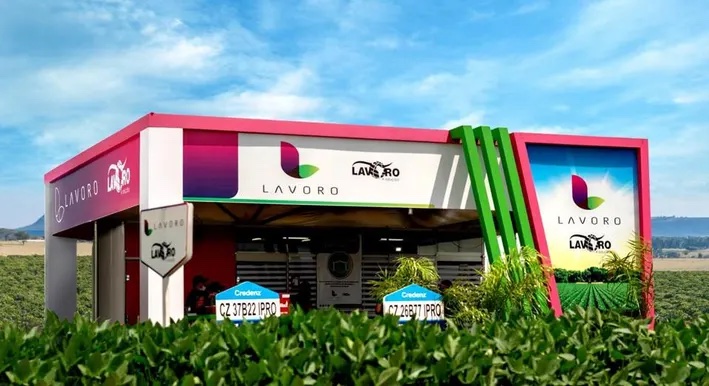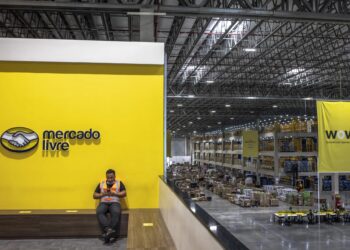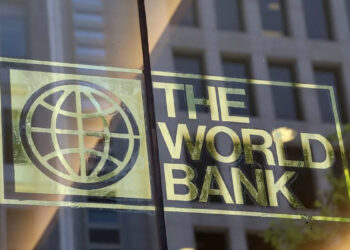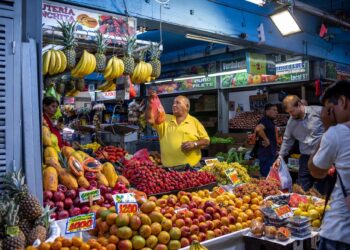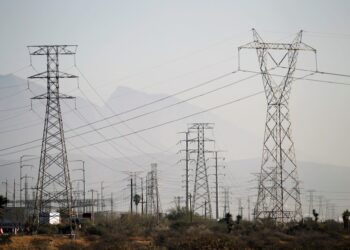Lavoro Ltd., a Brazilian fertilizer giant, is actively seeking support from investors as it faces financial challenges brought on by the slowdown in the agricultural sector. Once a symbol of Brazil’s thriving agricultural sector, Lavoro now navigates tighter credit conditions and growing pressure to maintain financial stability. According to a Bloomberg report, the company is in talks with investment funds and other companies, hoping to secure a capital injection to cover its working capital needs.
Founded in 2017 by Patria Investimentos Ltd., Lavoro quickly grew to become one of South America’s leading suppliers of fertilizers, seeds and pesticides, driven by an acquisition strategy. The company expanded into Brazil, Uruguay and Colombia, acquiring numerous smaller competitors and benefiting from years of growth in the region’s agricultural industry. However, in recent years, the fortunes of Lavoro and his peers have taken a negative turn.
Farmers in Brazil, who once relied on debt-financed expansions, are now grappling with falling commodity prices and rising borrowing costs. This has led to a wave of defaults, which has affected fertilizer suppliers such as Lavoro. One of its main competitors, Agrogalaxy Participações SA, has already filed for bankruptcy protection, highlighting the severity of the industry’s challenges.
Lavoro’s financial difficulties have worsened in the last year. After merging with a U.S. blank-check company in 2023, the company’s market value has halved, driven by continued losses and investor concerns about its ability to manage mounting debts. Lavoro’s recent earnings projections paint a bleak picture, with the company expected to report significant losses.
Despite these setbacks, Lavoro is working to reassure investors about its resilience. The company raised 310 million reais in August through a three-year credit line and remains confident it will be able to meet its debt obligations, including a $75 million bond. While creditors are pushing for Patria to provide more support, Lavoro remains optimistic about its long-term potential, even as the agricultural sector continues to face headwinds.
